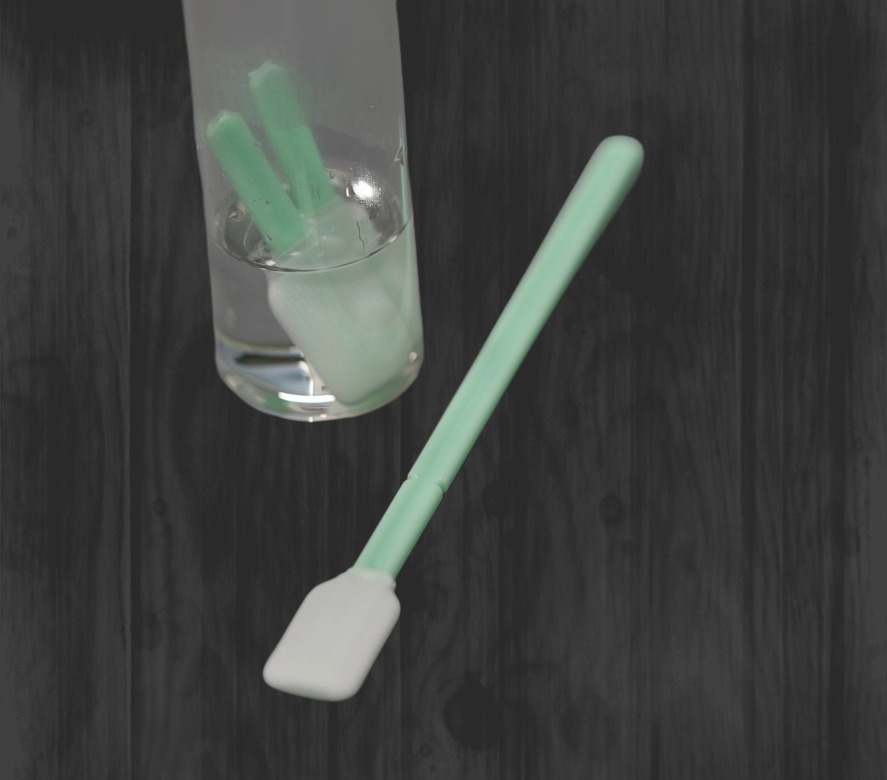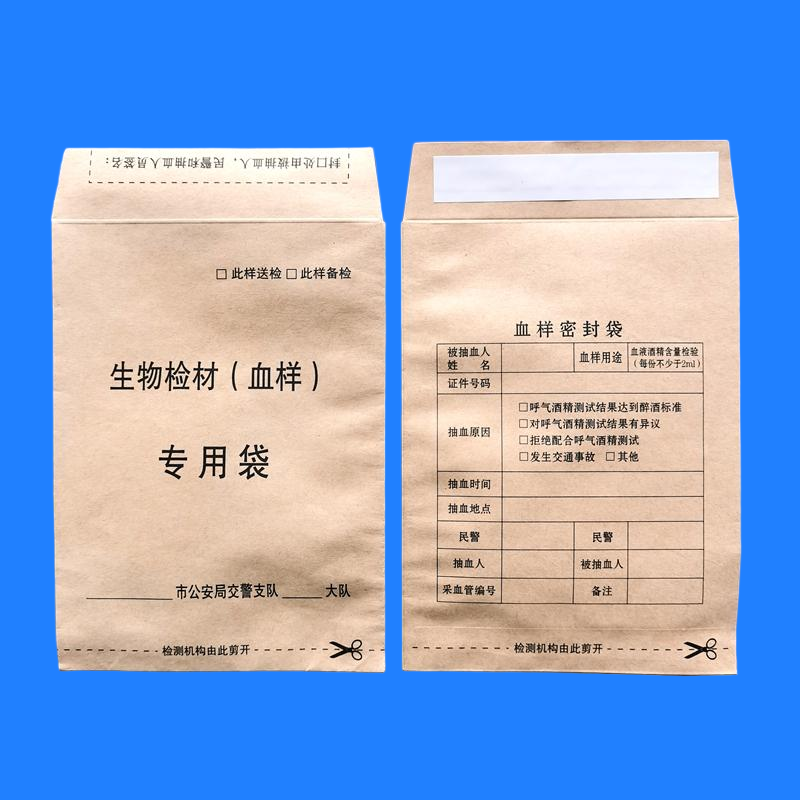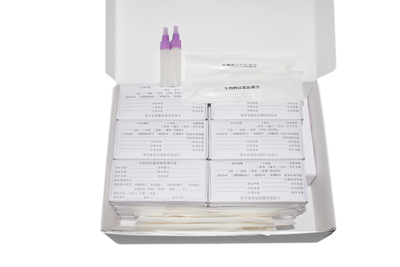Enhanced Double-Hole Blood Cards: Usage & Safety
Enhanced double-hole blood sample collection card kits are designed to simplify the process of collecting and preserving blood samples for DNA analysis. These kits feature two absorbent holes for blood collection, offering improved sample absorption and uniform distribution, which ensures better DNA extraction. Usage Methods: Collection: Place the card on a flat surface. Use a... Continue reading→
Role of FTA Cards in Blood Sample Preservation and DNA Analysis
FTA cards (Flinders Technology Associates) are widely used for blood sample preservation and DNA analysis due to their efficiency in stabilizing genetic material. These cards are embedded with chemicals that capture and preserve DNA from blood samples, preventing degradation and bacterial growth. FTA cards allow for easy storage, transportation, and extraction of DNA, making them... Continue reading→
Standard DNA Blood Cards: Uses & Benefits
Standard DNA blood sample collection card kits provide a convenient and efficient method for collecting and preserving blood samples for genetic analysis. These kits are widely used in forensic investigations, medical diagnostics, and genetic research. The blood is collected on special filter paper, which stabilizes the DNA for long-term storage at room temperature. The key... Continue reading→
Field-to-Lab Sample Tube Procedures
Proper handling of biological sample tubes during field collection and laboratory processing is essential to ensure sample integrity and accurate results. In the field, tubes should be selected based on the type of sample (blood, saliva, tissue) and the necessary preservatives or stabilizers. Upon collection, tubes should be sealed properly, labeled clearly, and transported in... Continue reading→
Sample Labeling & Sealing Techniques
Proper sample labeling and sealing are critical for maintaining the integrity and traceability of biological samples, particularly in forensic, medical, and research settings. Clear, accurate labeling prevents misidentification and ensures chain of custody in legal investigations. Sealing techniques, such as tamper-evident seals, protect samples from contamination and external factors during transport and storage. These methods... Continue reading→
Room-Temp Biological Sample Preservation
Long-term room temperature preservation of biological samples is essential for ensuring sample integrity without the need for refrigeration. Scientific methods such as cryoprotectants, desiccation, and stabilizing agents have been developed to maintain DNA, RNA, and protein quality over extended periods. These methods prevent degradation and microbial growth while preserving genetic material for accurate analysis. Room... Continue reading→
Dried Sample Extraction: Methods & Applications
Extraction of DNA from dried samples is a challenging but crucial step in forensic and genetic analysis. LTE (Low-Temperature Extraction) solutions are specifically designed to optimize DNA recovery from dried biological samples, such as blood, saliva, or tissue. These solutions work by preserving the integrity of DNA, even in degraded or dried conditions, making them... Continue reading→
Transparent Forensic Swabs: Anti-Contamination & Efficient
Transparent swab tubes are an essential tool in forensic investigations, ensuring contamination-free collection and high-efficiency DNA extraction. These tubes offer clear visibility, allowing for easy sample inspection while maintaining the integrity of biological evidence. The transparent design prevents contamination during storage and transportation by offering an airtight seal and protective barrier. They are commonly used... Continue reading→
Streamlined Trace DNA Analysis
Efficient tube solutions for direct amplification of trace DNA samples streamline forensic and medical analysis by enabling the amplification of minimal DNA amounts without the need for complex sample preparation. These specialized tubes are designed to protect fragile DNA from degradation and contamination during collection, storage, and amplification. They contain stabilizing agents that preserve DNA... Continue reading→
Rapid Drying & Anti-Mold for Sample Preservation
Rapid drying and anti-mold technology are essential for preserving biological samples, especially in forensic and medical applications. These technologies prevent moisture retention, which is a primary cause of mold growth and DNA degradation. Rapid drying ensures samples are preserved in their best condition, while anti-mold treatments safeguard against microbial contamination. These methods are particularly useful... Continue reading→





-双管生物样本采集套装.png)

.png)
.png)